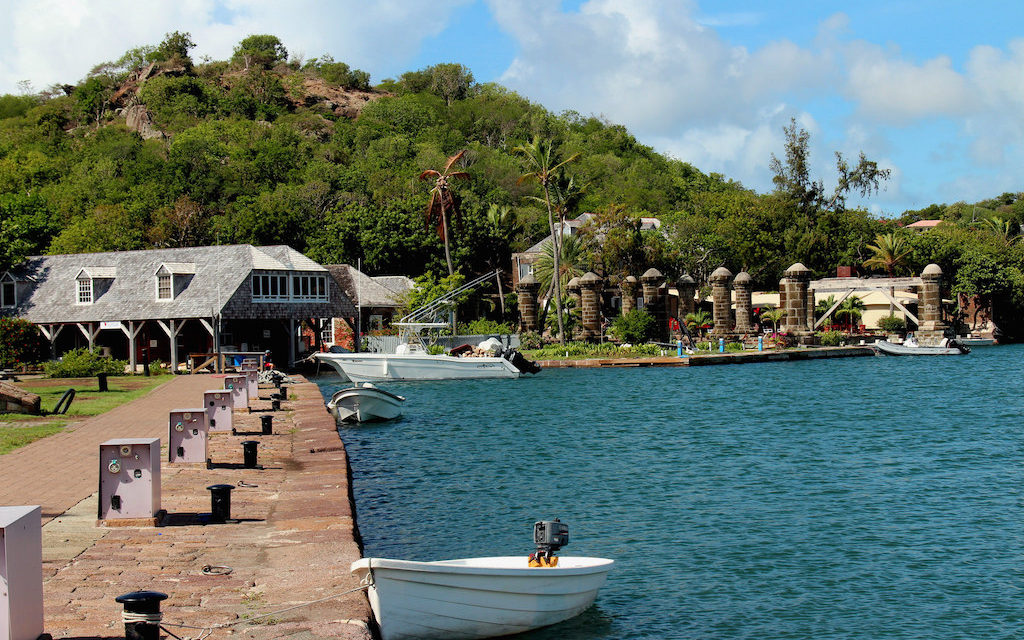Isaac Carey, Skift
Source: skift.com, February 2019
t didn’t take long for travelers across the world to start booking their vacations in the Caribbean again, even in the hardest-hit areas. That being said, the threat of another disaster always looms.
A year and a half after Hurricane Maria, tourism to the Caribbean may be starting to recover.
On Wednesday, the Caribbean Tourism Organization projected a 6 to 7 percent increase in travelers to the region for 2019, as destinations slowly repair damaged infrastructure. A less catastrophic hurricane season in 2018 helped to revive the hospitality industry in spots like St. Barths, Anguilla, and the U.S. Virgin Islands, and the organization expects this to pick up throughout the new year.
“Even the destinations that were severely impacted by the 2017 hurricanes, despite registering overall double-digit declines last year, experienced a significant turnaround during the last four months,” said CTO’s acting director of research, Ryan Skeete, in a press briefing Wednesday.
Overall, nearly 30 million tourists visited the Caribbean in 2018, a 2.6 percent decline from 2017. In the wake of such a large tragedy as Maria, this decline was less than expected.
Cruise arrivals should also increase in 2019, by about 4 to 5 percent, Skeete added. This is good news for companies like Carnival, which reported a drag in bookings to the region in the year after the hurricane.
The U.S. market was the only outlier in the strong tourism numbers for 2018. Visitors from all other markets, including Canada, South America, Europe and the U.K., all increased or remained flat, while visitors from the U.S. declined 6.3 percent. This is due to a dramatic decline in U.S. travel to areas hardest hit by the hurricane, including a 45.6 percent drop in travel to Puerto Rico and a 79 percent drop in travel to St. Maartens.
Skeete also pointed to worrying global trends which could dampen the anticipated growth, and said the organization was remaining “cautiously optimistic.” This includes the outcome of Brexit, the trade war between the U.S. and China, as well as the ever-present threat of another severe weather event.
In recent years, the hospitality industry has had to increasingly grapple with the effects of climate change, especially the damage resulting from major storms. In the Bahamas, for example, Grand Isle Resort & Spa has begun to focus on improving its road infrastructure and telecommunications to prepare for future storms.

